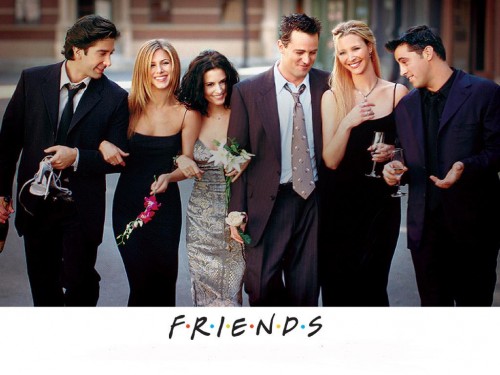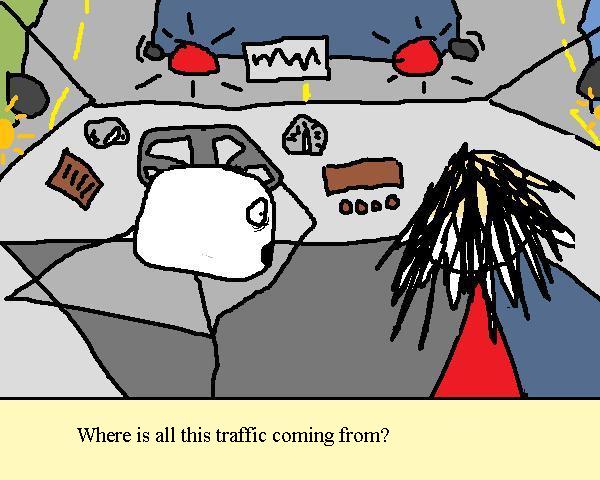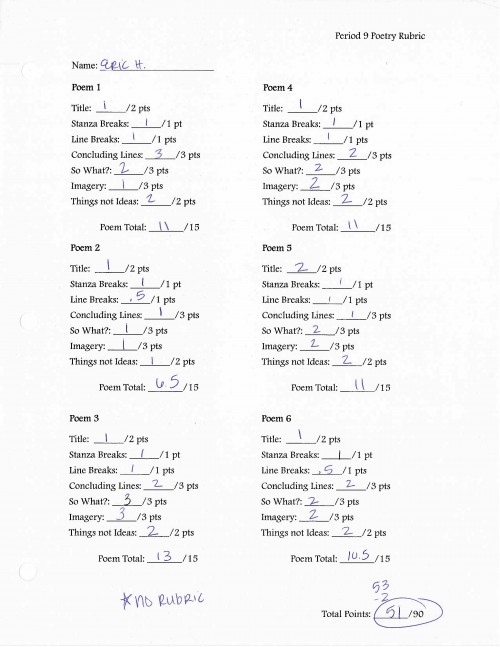I’ll Be There For You, Just Not in the Submission Queue

In a community as small as what can be loosely termed the independent publishing community, the lines are easily blurred. With blogs and social networking and sites such as this one, it’s easy for writers and editors to become familiar and sometimes friends. There are days when it feels like every writer is an editor and every editor is a writer, and we’re all submitting work to each other in a deeply incestuous whirlwind of writing. The Internet has also made the word friend interesting. I’ve written on this subject before. I correspond with lots of people. I have many acquaintances and writers/editors with whom I get on well, but the people I consider friends have my phone number and could call me at 7 am and that’s not many. With few exceptions, we’ve spent time together, in person. We know things about each other that we wouldn’t share in 140 characters or less.
A lot of editors write about finding rejection difficult. While I don’t cackle gleefully while sending rejections, I don’t have a problem with doing it. I don’t find it troubling. Sending rejections is inevitable and necessary. It is part of the process for putting together a magazine. Whether I know you or not, whether we are friends, acquaintances, or strangers, I am looking for great writing. If you don’t send me great writing, or if for whatever reason your writing isn’t a great fit, I will reject you and sleep soundly. If we’re friends or acquaintances, I will send you a really nice note. I don’t know if friends expect that friendship translates into an automatic acceptance but I hope not.
HTMLGIANT’s 400 Under 1

What follows is a list of what we at HTMLGIANT consider the top 400 writers worth watching under the age of 1. We all know it’s kind of hard to make predictions of the young artist, but that’s why we picked 400. These up-and-coming writers are from a lot of different countries and are of at least two different sexes. Some of them are probably even poets! We feel pretty good about it.
I keep saying we, but really I don’t want to trick you. I just compiled this all by myself. There have been many lists and lots of pining. But I, too, was scientific. Look:
During my extensive research process of compiling the 400, I talked to more than a couple dozen parents, nannies, day care owners, playground lingerers, pediatricians, obstetricians, and jr. agents. The infants range anywhere from second trimester (if its got a heart (for narrative), it’s legal) to the cut off period of exactly one year. Unfortunately there were some fantastic young pen holders who’d just had their first birthday party who we had to cross off the list. I also crossed off those babies who didn’t quite have that look in their eye. You know what I mean.
Other than their age, the work of these young authors have absolutely nothing in common that I can see. It’s a group of enormous, enormous promise. It is the future of all language. I hope you will join us as we watch these young Hemingwhos and Faulkwhatzits rise into the storyteller’s light.
Michael FitzGerald, one of the co-creators of Submishmash (I’m still basking in its awesomeness), put up a few notes justifying a $2-$3 submission fee. Overall, I agree with what he says, especially the point that paying $3 will make writers pay more attention to what they’re sending. It’s often clear that people are writing their best work and submitting — before it’s even a little good.
Is a $3 fee the filter we need?
The Spectacle of Spectacles: A Response to Perec’s “On Spectacles”
I.
In fifth grade, a little girl whose name I don’t remember called me tacky—and I was, good god back then I was the oddest confluence of patterns and colors, bowed skirts with striped t’s, without a hint of the irony hipsters today sport—and so my older brother took me shopping. I didn’t need glasses back then, but he needed a new pair so we stopped at a little spectacle boutique, and I tried on the cutest pair of specs, equipped with rounded tortoise-shell frames, practically wire thin, that hooked around the ears. Back in 1992, I wished my vision would go awry, just so I could look intelligent and stylish. Keep in mind my distorted sense of fashion, which I have yet to shake.
Three years later, I needed glasses, my vision had completely deteriorated, though I hadn’t noticed, except that I began falling down arbitrarily, a habit that’s stretched my ankles beyond repair, and to this day, I fulfill a prophecy of falling down annually. It’s embarrassing and painful and debilitating. But when it came time to get those glasses I’d wanted so badly before, it was sister who took me, and although she’s quite fashionable, I ended up with the most hideous glasses—to large, disc-shaped, odd colors—or at least I thought they were and never wore them, such is a story of first glasses.
In high school, late high school, I got my first pair of square plastic frames, tortoise-shell, and despite my very flat bridge, I found the right pair and style. Now, when I was seventeen, I don’t remember square frames as being “hip.” None of my friends had them, preferring instead oval wire frames, usually colored, but this past January, I gave a reading in Amherst, and I stopped in a coffee shop to do “work” (and meet the very cool Jedidiah Berry), and I looked around. Hot damn, there were twelve people there, including me, ten of which had on square plastic glasses (the other two didn’t wear them), eight people had silver Mac Book Pros (two had black Mac Books), I counted three people reading Foucault and five people with Moleskines displayed in some way. And I think back to &Now or AWP, somehow glasses becoming the sign of intelligensia and creativity, commodified, like Apple products, easy, and I’ve fallen for the trick.
Say What?
My friend recently received this rejection (?) from magazine-I-shall-not-name. Your opinion?
Dear (name withheld),
Thank you for submitting your work to the (name withheld)
While your submission made it into the later stages of my consideration. After having a chance to reread your submission, at least once aloud, I must tell you that I will not be able to use any of your poems in this upcoming issue.
I know that a rejection almost always seems to be a personal thing–but seriously, I am only rejecting the poems you sent in this submission. If you’re poems made it this far into the process then I think you possess the talent and I would recommend/encourage you submit during the next reading period.
Best,
How do you think the means of publication for poetry and poetry itself are related?
-Amy King, at the Huffington Post.
FYI: Publishing is Dying Again Because Garrison Keillor Says So

Another day, another obituary for the publishing industry which, despite countless instances of garment rending for its death, somehow manages to continue… not dying. Garrison Keillor begins his lament by naming all the fancy writers he ran into at a fancy New York party, the implication being that he doesn’t quite belong in the fancy writing world and yet, there he is. Of course, because this is Garrison Keillor, he has to make an aw shucks reference to the Midwest and continues to offer his bona fides as a man of the people because he drives a car with 150,000 miles on it. That’s such a quaint practice when it’s a choice, driving a car into the ground. For people who cannot afford a new car, 150,000 miles probably holds considerably less charm. Keillor does this, of course, to remind us, yet again, that he is not one of the publishing glitterati. He is a stranger in a strange land, or at least, that’s what he wants us to think so he can continue hawking his down home Midwestern charm and wisdom, or what some might call, schlock.
How to Ruin a Child on the Possibilities of Literature Forever Without Really Trying
Meet Eric H. He’s 12 years old, and he just failed his poetry assignment. Why? Let’s consult THE POETRY RUBRIC.


